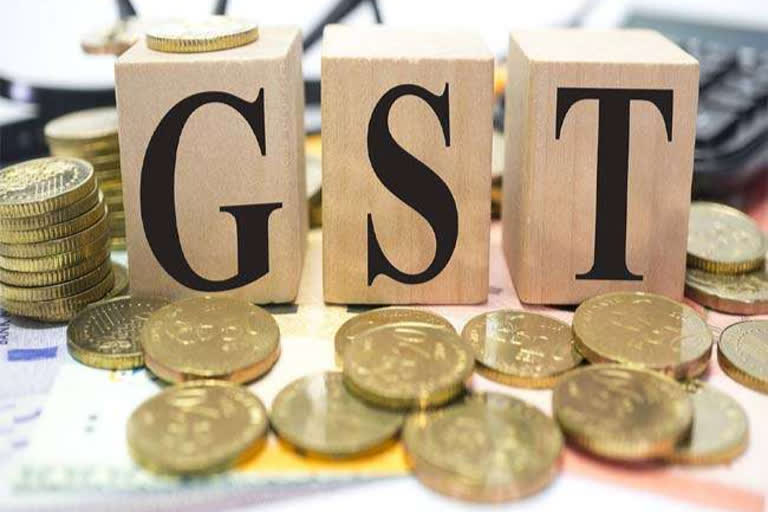New Delhi:In a big relief for Prime Minister Narendra Modi’s government, as many as 12 states have opted to borrow an amount equal to the shortfall expected in their revenue collection in this fiscal due to implementation of a common nationwide goods and services tax (GST) in July 2017.
These states have chosen to borrow the loan through a special window created by the Reserve Bank of India after the Union government expressed its inability to pay them the constitutionally guaranteed GST compensation dues in this fiscal.
In the 41st meeting of the GST Council held on August 27, the Centre expressed its inability to compensate for the shortfall in their revenue collection in the financial year 2020-2021 (April-March period) as both GST and GST Cess collection have been severely hit due to a slowing economy and adverse impact of COVID-19.
The GST Council, having the representation of both the Centre and states, is the apex body administering a nationwide common goods and services tax.
According to the sources in the ministry of finance, so far 13 states have agreed to exercise the two borrowing options offered by the Centre to meet any shortfall in their revenue collection in this fiscal, which will be repaid from the GST compensation collected beyond the transition period of five years.
“The 12 states which have preferred to opt for borrowing option one are Andhra Pradesh, Bihar, Gujarat, Haryana, Karnataka, Madhya Pradesh, Meghalaya, Sikkim, Tripura, Uttar Pradesh, Uttarakhand and Odisha,” a source told ETV Bharat.
Of the 13 states that have responded to the Centre’s two proposals, only one state Manipur has opted for the second option under which a state can borrow the entire gap in its revenue collection (attributable to both GST and COVID-19), but it will have to pay the interest while the principal amount will be paid from the Cess collection.
The Centre has estimated that this year there will be a shortfall of Rs 3 lakh crore in the revenue collection of states due to a combination of several factors, including the adverse economic impact of the outbreak of the COVID-19 global pandemic and implementation of the GST 3 years ago.
Also Read:GST compensation: Govt willing to raise unconditional 0.5% borrowing limit
The Centre hopes to pay Rs 70,000 crore from GST cess collection but it will leave a gap of Rs 2.3 lakh crore.
